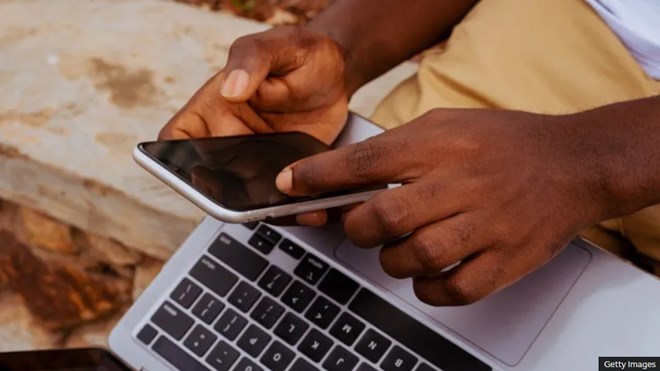Rwanda continues to make strides in digital transformation, with the number of internet users surpassing 5.5 million nationwide, government officials announced this week.
The milestone reflects a broader push to expand access to digital services and invest in ICT infrastructure. Mobile phone usage, a key driver of internet access, has also surged—rising to 13.48 million subscribers as of September 2024, up from 12.5 million the previous year.
Esther Kunda, Director General of Innovation and Emerging Technologies at the Ministry of ICT and Innovation, said Rwanda is firmly on track with its digital development goals.
“Technology is rapidly evolving worldwide, and Rwanda is part of that shift,” Kunda said. “Internet penetration has now reached 62%, thanks to infrastructure investments, improved digital literacy, and supportive policies across various sectors.”
In early 2024, Rwanda had about 4.91 million internet users, compared to just 3.31 million in 2020, when internet penetration stood at 26%.
While acknowledging the progress, Kunda also pointed to persistent challenges. “Reaching 62% penetration is a milestone to celebrate, but access and affordability remain barriers, especially between urban and rural areas,” she said. “Many Rwandans rely on the internet for services, communication, and daily life—but not everyone can afford it or knows how to use it productively.”
She emphasized the importance of inclusive digital solutions and sustained public awareness campaigns. “We need long-term strategies to ensure all citizens can access and benefit from digital tools,” she added.
Kunda also noted that platforms like the Digital Governance Forum provide opportunities for dialogue between lawmakers, developers, and stakeholders to shape policies and regulations that support the country’s digital growth.
Alex Ntare, CEO of the ICT Chamber under the Private Sector Federation, stressed the need for more Kinyarwanda content online to drive local internet use.
“AI tools can help translate and generate Rwandan-language content to make digital platforms more accessible,” Ntare said, calling for more collaboration to promote the benefits of digital services. “The more Rwandans use these platforms, the more affordable and impactful they become.”
United Nations Resident Coordinator in Rwanda, Ozonnia Ojielo, commended the country’s commitment to technology integration across sectors and pledged continued UN support toward its digital transformation goals.
To further boost connectivity, Rwanda plans to install an additional 840 telecom towers over the next three years, adding to the current 1,760 towers. The Ministry of ICT and Innovation says the expansion is expected to increase mobile network coverage from 75% to 97% nationally.
A recent study recommends increasing the number of towers to at least 2,500 to meet the 97% connectivity target across the country.











